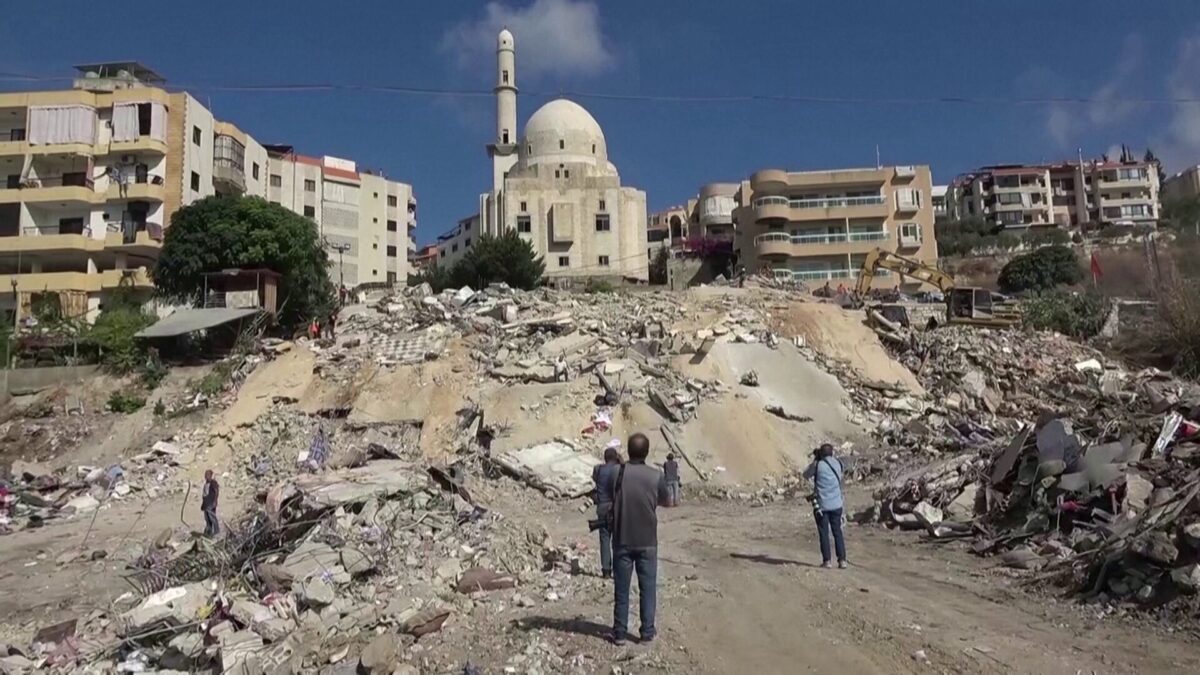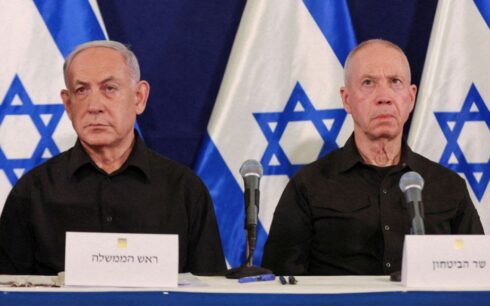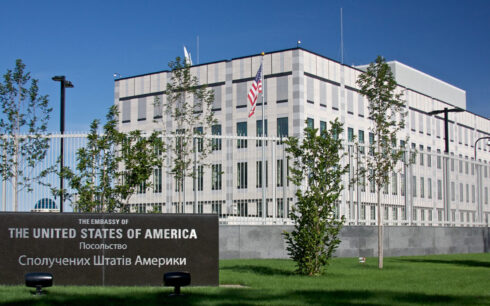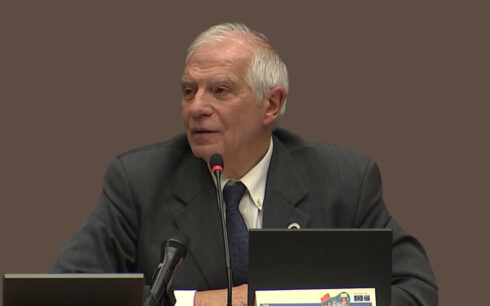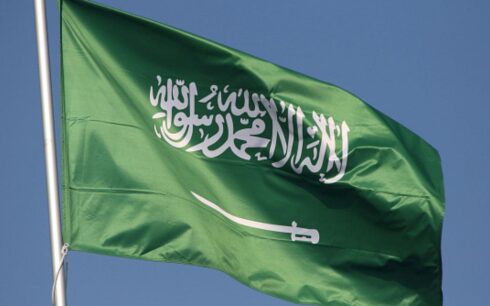Hezbollah’s deputy leader, Naim Qassem, delivered his first public remarks since the assassination of the group’s chief, Hassan Nasrallah, last week, stating that Hezbollah is prepared to confront any Israeli ground invasion of Lebanon.
“We will face any possibility, and we are ready if the Israelis decide to enter by land,” Qassem said. “The resistance forces are prepared for a ground engagement.”
In recent weeks, Israeli forces have launched a series of airstrikes targeting Hezbollah positions in Lebanon, killing several commanders. The possibility of an Israeli ground offensive has become a central concern as tensions continue to rise.
Separately, the Palestinian militant group Hamas reported that an Israeli airstrike killed its leader in Lebanon, Fateh Sherif Abu el-Amin, in the city of Tyre on Monday. The strike also claimed the lives of his wife, son, and daughter, who were in their home in a refugee camp at the time of the attack. Another Palestinian faction, the Popular Front for the Liberation of Palestine (PFLP), stated that three of its leaders were killed in a strike on Beirut’s Kola district—the first such attack within the city’s limits.
These airstrikes mark an escalation in Israel’s offensive, which has been targeting Hezbollah, Hamas, and other militant groups across Lebanon and beyond. Last week, a succession of airstrikes culminated in the assassination of Hezbollah’s longtime leader, Hassan Nasrallah, in a southern Beirut suburb.
The Israeli military has not commented on the most recent strikes, but the ongoing operations signal that Israel has no intention of scaling back its attacks, even after eliminating Nasrallah, who was one of Iran’s closest allies in its regional “Axis of Resistance” against Israel and the United States.
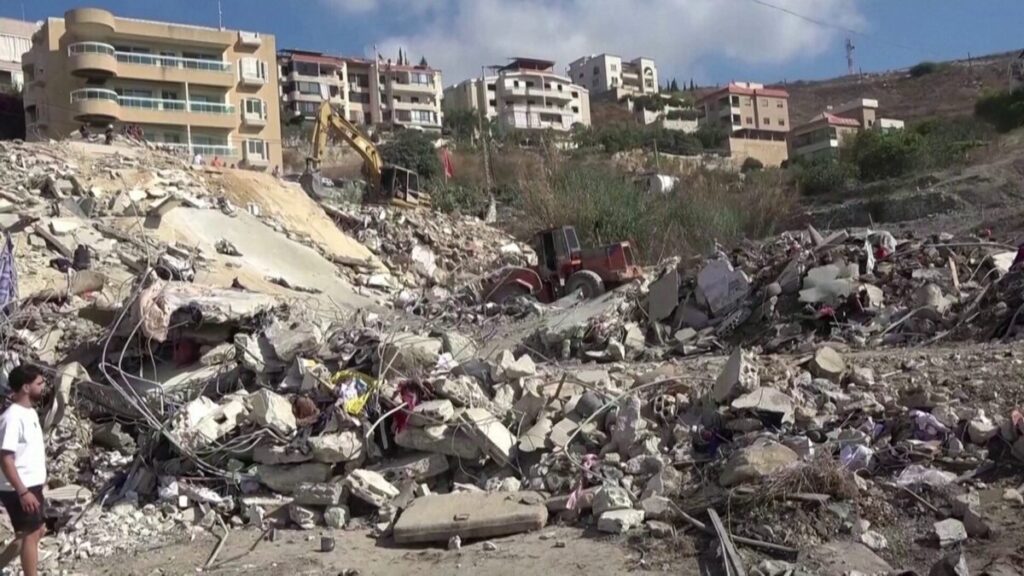
Iran, Hezbollah’s primary backer, has responded sharply. Iranian Foreign Ministry spokesperson Nasser Kanaani warned that Tehran would retaliate for Israel’s “criminal acts,” referencing the deaths of both Nasrallah and an Iranian commander, Brigadier General Abbas Nilforoushan, who was killed in the same set of airstrikes last week.
Lebanon’s Health Ministry reported that more than 1,000 people have been killed and 6,000 wounded over the past two weeks, although it did not specify how many were civilians. The conflict has forced one million Lebanese—roughly a fifth of the country’s population—to flee their homes, according to government estimates.
As the violence intensifies, residents in Beirut remain on edge. “There is nothing else to say or add, except God save Lebanon,” said Nawel, a resident of the capital. “What will happen to me is the same as what can happen to anyone.”
The growing hostilities have raised concerns that the conflict could expand to involve regional powers, including Iran and the United States, further destabilizing the Middle East.

